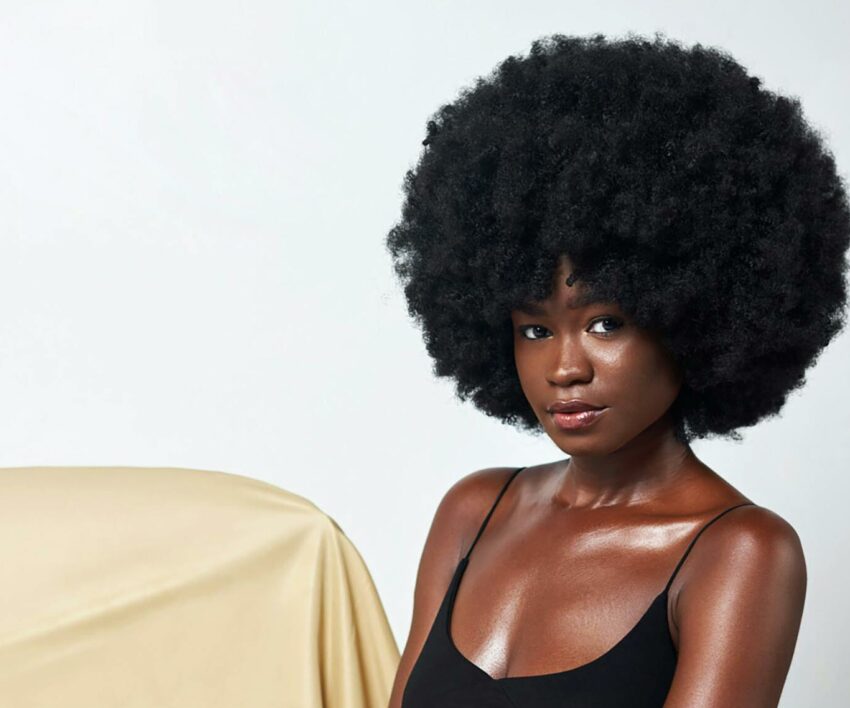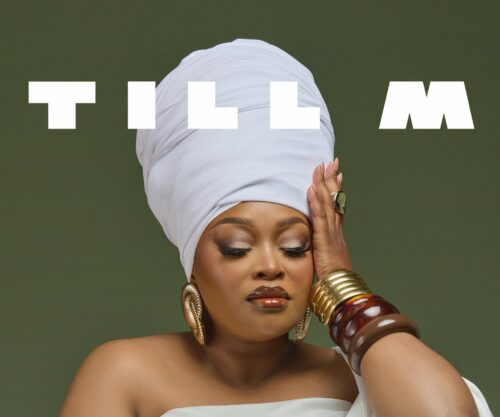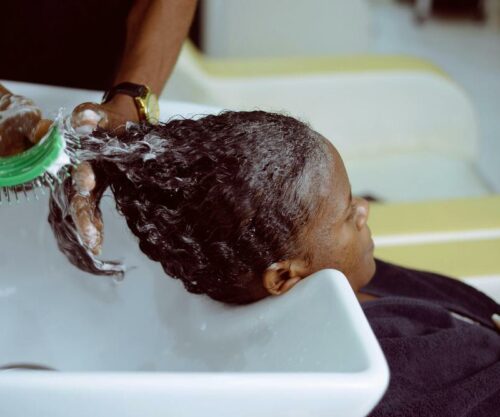
Primer – some swear by them, others skip them altogether. But what’s the real deal—is a makeup primer necessary? And if you have mature skin, how do you know which one is right for you?
What is makeup primer, anyway?
Think of primer as the base coat for your makeup, similar to how a painter primes a canvas. It’s a product applied after skincare and before foundation to create a smooth, even surface for makeup. Primers can:
-
Help makeup stay on longer
-
Smooth fine lines and pores
-
Control shine or add hydration
-
Create a more even skin texture
But here’s the catch! Not everyone needs one, and not all primers work the same.
Is primer actually necessary?
The short answer? It depends on your preference
-
If your foundation melts off by midday, a mattifying primer might help.
-
If your makeup settles into fine lines or pores, a smoothing or blurring primer could improve the finish.
-
If you have dry skin, a hydrating primer can help your base look more luminous and less cakey.
-
If you’re happy with your current routine, you might not need a primer at all.
Primer isn’t a must-have for every person, but it can be a game-changer for certain skin types or concerns, especially for mature skin.
What to look for in a primer for mature skin
As we age, our skin changes. It becomes drier, thinner, and fine lines become more visible. So, when choosing a primer for mature skin, here’s what to keep in mind:
1. Hydration is key
Mature skin tends to lose moisture. Look for primers with ingredients like:
-
Hyaluronic acid
-
Glycerin
-
Squalane
These help plump the skin and provide a smooth, hydrated base.
2. Avoid heavy silicone overload
While silicones like dimethicone can smooth texture, too much can feel heavy or settle into lines. A balance is best—look for lightweight, non-cakey formulas.
3. Blurring + smoothing effects
Primers that “blur” the look of pores and fine lines give a soft-focus finish. Look for labels that say:
-
Soft-focus
-
Line-filling
-
Pore-blurring
These can subtly diffuse imperfections without emphasising texture.
4. Illuminating finish
As skin matures, it can lose its natural radiance. Choose a primer with a gentle, radiant or glow-boosting finish (but skip chunky glitter). Look for words like:
-
Luminous
-
Brightening
-
Radiance-enhancing
5. Skin-loving ingredients
Bonus points if your primer contains skincare benefits. Look for:
-
Peptides (for firming)
-
Niacinamide (for brightening)
-
Vitamin C or E (for antioxidant protection)
Should you use primer?
If your current makeup routine is working and your base looks smooth and lasts all day, you probably don’t need a primer.
But if you struggle with:
-
Makeup settling into fine lines,
-
Dry or dull skin,
-
Short wear time,
…then adding the right primer (especially one tailored for mature skin) could be the missing link.
It’s all about enhancing your makeup, not masking your skin.
Compiled by: Amy Steenkamp
First published on Woman & Home
Also see: Glow and behold: Tackling dullness and acne with glycolic acid




